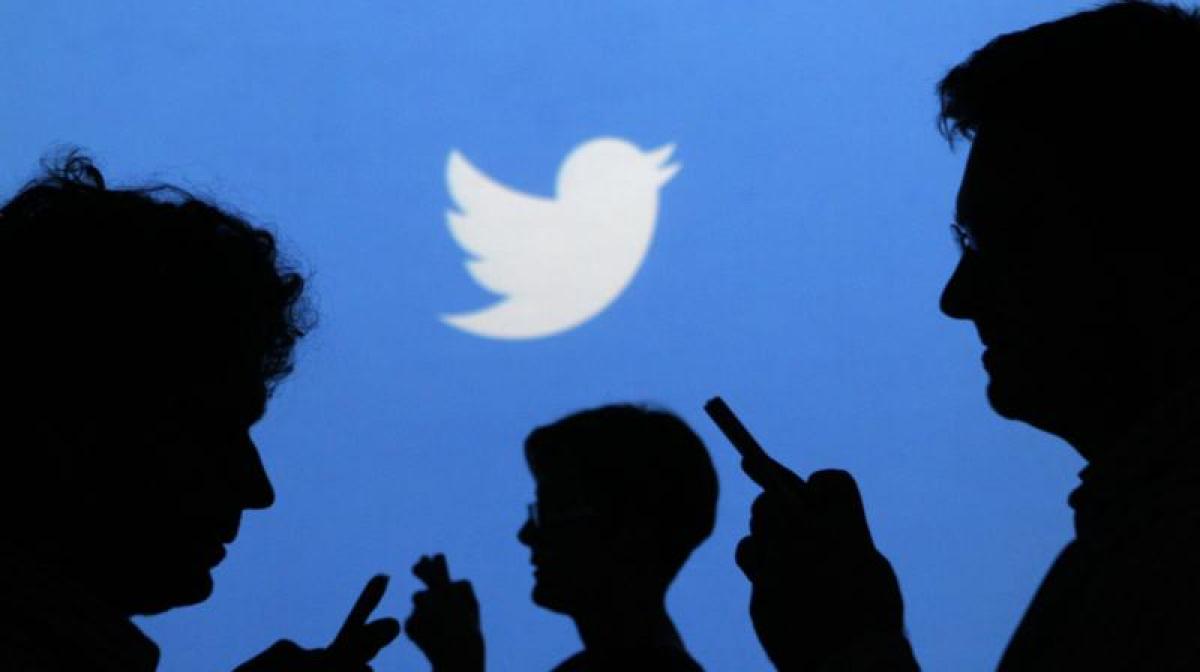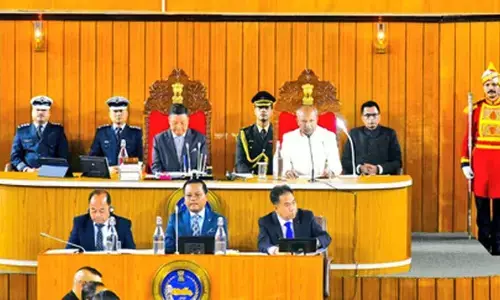Twitter bots can effectively spread positive social messages

The study was published in the journal PLOS ONE.
Twitter bots - which have earned a bad reputation for distributing of fake news - could be used to spread positive messages as well as trigger good behaviours through social media, scientists say.
In a large-scale experiment designed to analyse the spread of information on social networks, researchers from the Technical University of Denmark and University of Southern California (USC) in the US deployed a network of algorithm-driven Twitter accounts, or social bots, programmed to spread positive messages.
"We found that bots can be used to run interventions on social media that trigger or foster good behaviours," said Emilio Ferrara, research assistant at USC.
However, it also revealed another intriguing pattern: information is much more likely to become viral when people are exposed to the same piece of information multiple times through multiple sources.
"This milestone shatters a long-held belief that ideas spread like an infectious disease, or contagion, with each exposure resulting in the same probability of infection," said
Ferrara.
"Now we have seen empirically that when you are exposed to a given piece of information multiple times, your chances of adopting this information increase every time," she said.
For the study, researchers developed a dozen positive hashtags, ranging from health tips to fun activities, such as encouraging users to get the flu shot, high-five a stranger and even Photoshop a celebrity's face onto a turkey at Thanksgiving.
They then designed a network of 39 bots to deploy these hashtags in a synchronised manner to 25,000 real followers during a four-month period from October to December 2016.
Each bot automatically recorded when a target user retweeted intervention-related content and also each exposure that had taken place prior to retweeting.
Several hashtags received more than one hundred retweets and likes, said Ferrara.
"We also saw that every exposure increased the probability of adoption - there is a cumulative reinforcement effect," she said.
"It seems there are some cognitive mechanisms that reinforce your likelihood to believe in or adopt a piece of information when it is validated by multiple sources in your social network," she added.
The findings could also improve how positive intervention strategies are deployed on social networks in many scenarios, including public health announcements for disease control or emergency management in the wake of a crisis.
"The common approach is to have one broadcasting entity with many followers, but this study implies that it would be more effective to have multiple, decentralised bots share synchronised content," said Ferrara.
The study was published in the journal PLOS ONE.











